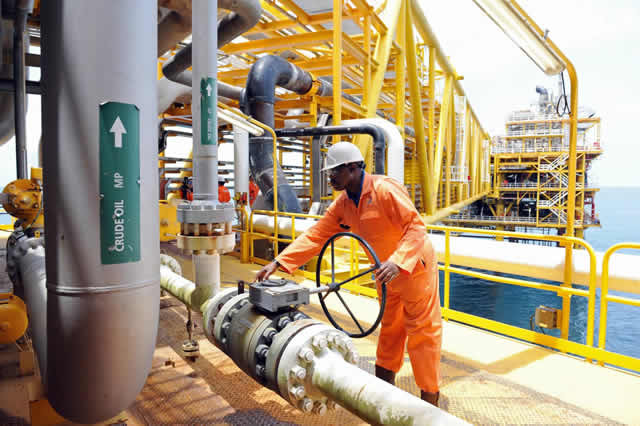In spite of the government's efforts to attract more foreign investors into the oil and gas sector, the nation saw a significant decrease in foreign capital investments in the industry, dropping from $720m in 2016 to just $3.64m for the entire year of 2023.
Furthermore, there were no foreign capital investments recorded in the first quarter of 2024, as reported by the National Bureau of Statistics.
The report revealed that out of the $3.38bn capital imported into Nigeria in the first three months of 2024, none of it was directed towards the petroleum industry.
Capital importation refers to the inflow of foreign capital into a country, which can take the form of investments, loans, or other financial resources.
This lack of capital importation in the petroleum sector during Q1 2024 could potentially impact its development and growth.
Despite an overall increase in total capital importation by 198.06% compared to Q1 2023, the sector that contributes the highest revenue to the country did not attract any foreign investment during this period.
The banking sector received the highest inflow with $2.07bn, accounting for 61.24% of the total capital imported in Q1 2024.
This was followed by the trading sector at $494.93m (14.66%) and the production/manufacturing sector at $191.92m (5.68%). While other sectors received varying levels of inflows, the oil and gas sector did not receive any investment during this time.
It has been observed that foreign capital investments in the petroleum sector have dwindled over the years.




















